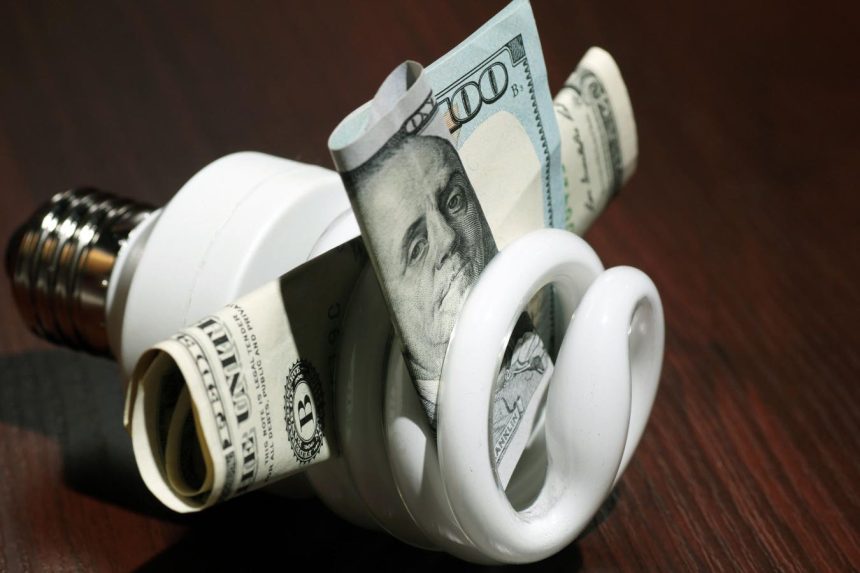Companies that make too-abstract claims about sustainability in their marketing and advertising might be better off opting for a more personal approach. And messages about improving health or saving money tend to be effective.
Those are some of the lessons revealed by recent research into consumer responses to sustainability claims made by nine major global brands in everything from apparel to technology, conducted by the NYU Stern Center for Sustainable Business (CSB) and Edelman—what works and doesn’t work. “There’s a dearth of data about how to communicate sustainability in a way that will drive purchasing,” says Randi Kronthal-Sacco, senior scholar at CSB.
ADVERTISEMENT
Although the focus of the research, which surveyed 2,700 consumers, was on large brands, the findings also have big implications for smaller, impact enterprises, as well. “They can’t make assumptions about what consumers will respond to,” says Kronthal-Sacco .
Three Key Lessons
Researchers looked at “category claims,” or messaging related to the product’s core selling points—think, “Food tastes great”—and environmental/sustainability claims, which included anything from “organic” to “non-GMO.” The three top lessons:
Sustainability messaging provides an “amplifier” effect to a core category claim. Meaning: Adding claims around sustainability significantly boosted the product’s appeal and audience size—an increase of anywhere from 25% to 33%.
ADVERTISEMENT
The claims that had the biggest impact pertained to benefiting consumers’ daily lives. That’s particularly important, according to Kronthal-Sacco, because marketers have long thought just telling consumers a purchase can help save the planet would entice more people to buy. That hasn’t happened. “The claims that resonated were very personal,” she says.
Specifically, those messages fell into three categories. The first: claims about improving health—for example, the absence of harmful ingredients, like pesticides or chemicals. Next was anything that talked about saving consumers’ money—say, increasing energy efficiency and reducing energy bills, as a result. Lastly, were messages about helping the lives of children—those did exceptionally well—as well as claims about pet health. Statements connecting a product to local farmers and businesses also did well.
On the other hand, technical or abstract messages about carbon reduction or biodegradability, for example, failed to grab much attention. But, when such messaging was combined with more concrete benefits, consumer response was better. Examples: coupling claims about biodegradability with messaging regarding its relationships to safer drinking water or connecting reduced air pollution to cleaner air.
ADVERTISEMENT
Claims about improving consumers’ lives appealed across demographics. That included consumers’ political affiliation, age or household income. “Claims about basic human needs were a unifier,” says Kronthal-Sacco.
Gen Z consumers were more likely to respond to more-abstract messages—perhaps because the potentially catastrophic impact of climate change on their lives is a more personal matter for them. “They cared a bit more about carbon, pollution and packaging,” says Kronthal-Sacco. They also were more likely to consider a brand’s environmental record when making purchasing decisions than other generations.
The participating brands included Mars (Dove Chocolate), The North Face, Unilever (Hellmann’s and Dove Beauty & Personal Care) and HP, among others.
Read the full article here


